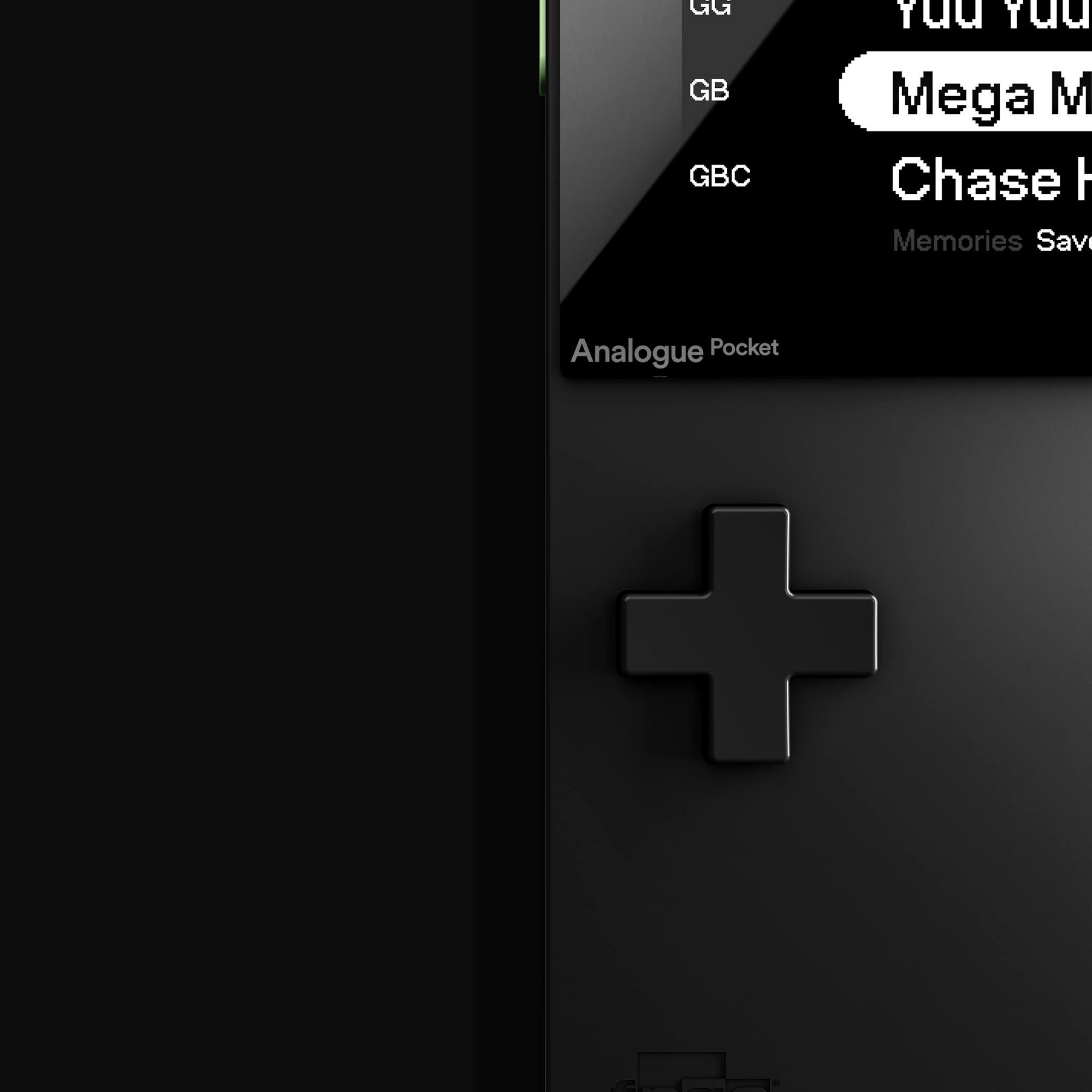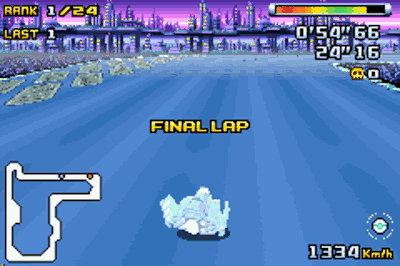Analogue Pocket
I own Analogue's MegaSt and SuperNt. Which respectively are their FPGA-powered MegaDrive/Genesis and SNES pieces of hardware dedicated to pay tribute to the 16-bit era of gaming that many folks my age grew up with.
I love them. I have a bunch of cartridges to play. And when my kids are old enough to make heads-or-tails of them, I'll be able to aptly demo the "olden days" with HDMI out, digital audio and a (hopefully) flawless experience. But let's be honest, I have them both cracked and jammed SD cards with ROMs instead because that's just easier.

They fell out of favour though. PS5 is the console of choice on my TV. But in realty, the TV is dominated by Cocomelon more than Dead Space these days. So when Analogue announced the Pocket, an FPGA-powered handheld which will be able to run cores from dozens of old school consoles, I was elated.
But then, they botched the preorder campaign. Instead of predicting demand (and supply/manufacturing issues, given this all occurred during Covid), they just sent a tweet announcing when preorders can begin. Which meant popping your email onto a list beforehand (months beforehand, mind you) made no difference. And naturally, their site buckled under the load. So I had to wait months before they ran a second preorder batch. And a year later, I had my Pocket.
Company operations shenanigans aside, this is a serious piece of kit. FPGA allows the Pocket to run different "cores," which are methods of bending the hardware's capabilities so they replicate the instruction set on the original hardware. Run the MegaDrive core and the FPGA hardware will run/act like the actual MegaDrive hardware did in the 90s. Which means a cartridge, or SD-mounted software ROM, will run smooth as butter, as it was intended to.
And because this is a modern take on an old classic, it has save states, updates for the OS to support new cores, and folks have open-source built desktop managers for it.
The hardware is slick. Like, super slick. Buttons are tactile and sharp, which goes with the aesthetic provided by the games you're likely to be playing. It might annoy modern players with no memory of the olden days, because the buttons click, not glide. There's no mid-point or dead zone on the rear triggers. That's not what would make sense to any FPGA core.
But the real winner here is the screen. Mother of god, these games have never looked this good. And I mean it. They're gorgeous. Smooth, buttery and brimming with colour. So much so that plugging a SuperNt into my OLED screen to play F-Zero is pointless, because it's just that superior on Pocket.
Look, you don't need to be into emulation, retro titles and the olden days to have Pocket. But it really helps contextualise how good it is. Being a parent (I know, I keep droning on about it) means this is likely the quickest, easiest and most satisfying means of getting a gaming fix. All while being able to quickly switch it off to change a nappy or clean a milk-drenched floor. And it delivers the knockout punch of nostalgia I so desperately seek. Even better, I get to explore titles and series' that I never played when I was younger.
As I explore some of these titles, I'll be sure to post my thoughts here. Because it really feels like the designers and developers of these games in the 80s and 90s would feel like Analogue Pocket is what they were aiming for when they imagined the industry they birthed.
And all that said, I've not explored the OS much yet at all, other than some basic tinkering and a small muck-about with the music making software included in it. Which will satiate any budding synth-boopers out there.
